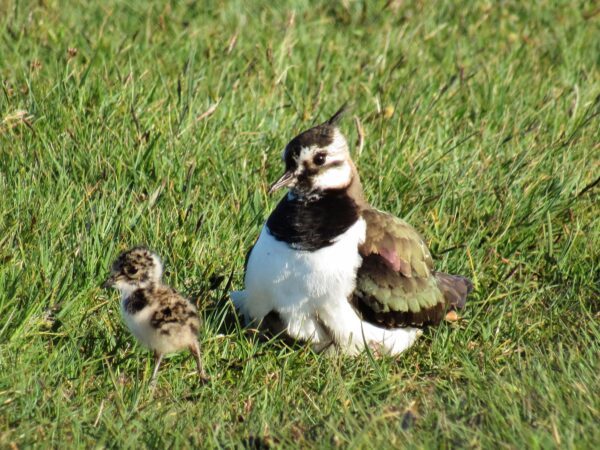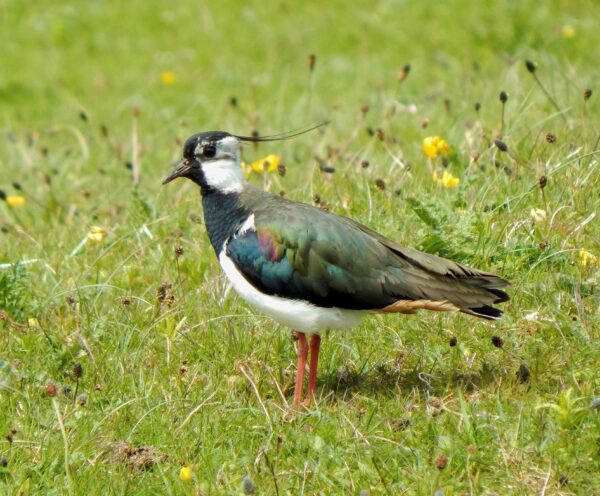A study led by the RSPB underscores the need for a more strategic approach to wildlife-friendly farming schemes to revive England’s farmland bird populations. Published in the Journal of Applied Ecology with support from the BTO and funding from Natural England, the research examined the response of farmland bird populations to various agri-environment schemes in arable, pastoral, and mixed farming landscapes.
With the UK government setting a binding target to halt species abundance declines in England by 2030, urgent and effective conservation interventions are required. Many once common farmland birds, including Starlings and Skylarks, are experiencing significant declines. The study assessed changes in bird abundance under bird-focused lower- and higher-tier agri-environment schemes and on land with no bird-friendly farming initiatives.
Higher-tier schemes, allocating approximately 11% of the farm to bird-friendly measures, proved more effective than lower-tier schemes, which managed less than 4% for such practices. Bird-friendly measures included creating habitats rich in seeds for winter foraging, insect-rich areas for feeding chicks, and nesting spaces for ground-nesting species like Lapwings. Higher-tier farms also received personalized management advice.
Results indicated that dedicating around 10% of a farm to bird-friendly practices under higher-tier schemes benefited over half of the farmland bird species in two of the three study regions. While lower-tier provision generally did not increase bird numbers, it helped sustain populations of some species in the absence of agri-environment support elsewhere.
The study’s second part explored the proportion of farmland needed under higher-tier agreements to recover bird populations by 10% over ten years. The answer was 26% in the pastoral West Midlands and 31% in arable East Anglia. However, by targeting higher-tier agreements to farms with higher numbers of priority farmland birds, this requirement dropped to 17% and 21%, representing significant cost savings.
RSPB Conservation Scientist and lead author Dr. Rob Hawkes emphasized the need for strategic thinking in crafting nature-friendly farming packages, highlighting the study’s contribution to understanding the necessary scale of nature-friendly farming for farmland bird recovery.

The study emphasized the necessity of tailored habitat management for certain species with specific requirements, such as the Turtle Dove. The success of recovering these species depends on carefully targeted measures directed at the sites where they still exist. The generic bird-friendly measures explored in the study did not yield discernible benefits for the Turtle Dove.
Alice Groom, RSPB Senior Policy Officer, highlighted the significance of this research as the UK governments work on developing new agricultural policies to replace the EU’s Common Agricultural Policy. This crucial juncture provides an opportunity to design effective agri-environment schemes deployed at a scale sufficient for farmland wildlife recovery.
Groom pointed out the Welsh Government’s proposal to make the 10% farm scale provision a universal element of the Sustainable Farming Scheme. In contrast, she noted that England’s Department for Environment, Food & Rural Affairs (Defra) has yet to outline how the new Environmental Land Management scheme (ELM) will contribute to the legally binding targets for halting species abundance loss by 2030 and reversing it by 2042.
While the study focused on the impact of bird-friendly farming initiatives on farmland bird populations, the authors suggest that these initiatives, along with other wildlife-friendly schemes, can have broader benefits. Nature plays a crucial role in supporting food production and providing ecosystem services such as clean water and improved soils, enhancing the resilience of the farming sector.
